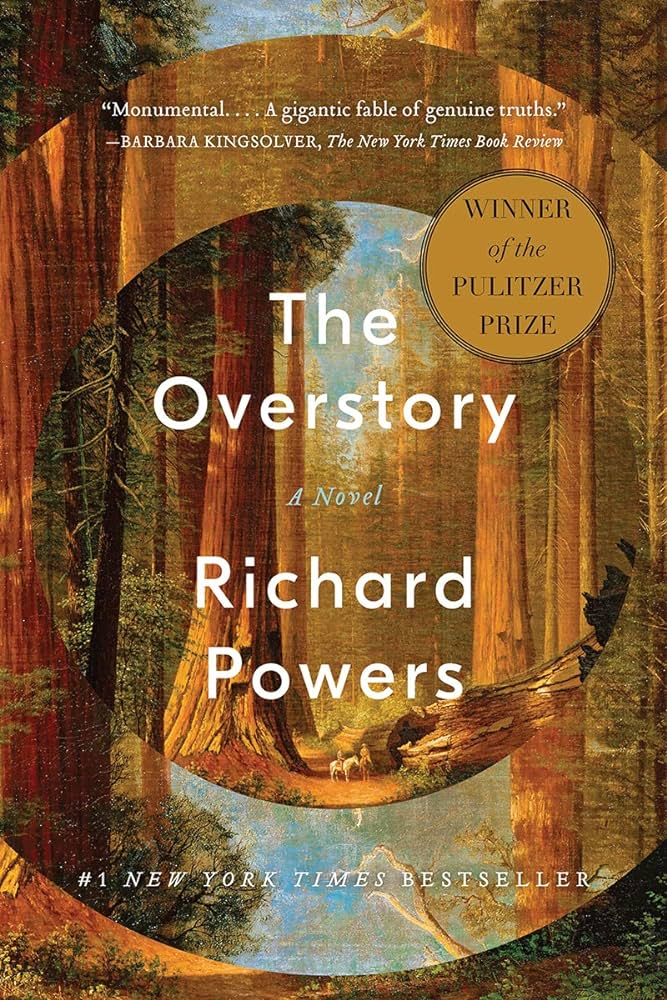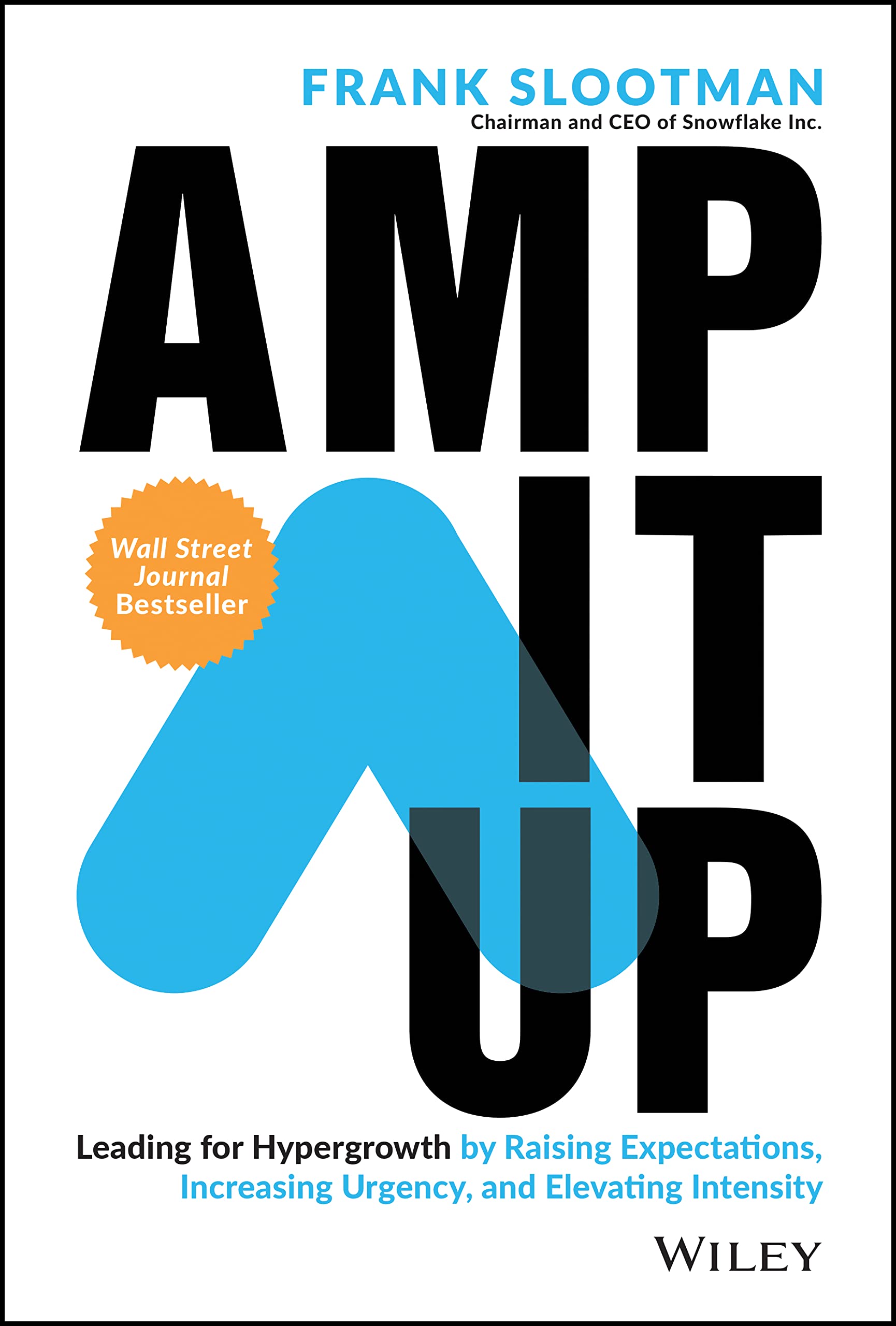
Category: 3 – SHELF it (All Categories are 1 – Read ASAP!, 2 – BUY it!, 3 – SHELF it, 4 – SOMEDAY it)
Comments: This book is masterfully written – a fascinating tale of people whose lives become linked thanks to their love of trees.
Insights that resonated:
(1) “Watching the man, hard-of-hearing, hard-of-speech Patty learns that real joy consists of knowing that human wisdom counts less than the shimmer of beeches in a breeze. As certain as weather coming from the west, the things people know for sure will change. There is no knowing for a fact. The only dependable things are humility and looking.”
(2) “The best arguments in the world won’t change a person’s mind. The only thing that can do that is a good story.”
(3) “Trees fall with spectacular crashes. Planting is silent and growth invisible.”
(4) “In fact, it’s Douggie’s growing conviction that the greatest flaw of the species is its overwhelming tendency to mistake agreement for truth. Single biggest influence on what a body will or won’t believe is what nearby bodies broadcast over the public band. Get three people in the room and they’ll decide that the law of gravity is evil and should be rescinded because one of their uncles got shit-faced and fell off the roof.”
(5) “What you make from a tree should be at least as miraculous as what you cut down.”
(6) “Say the planet is born at midnight and it runs for one day. First there is nothing. Two hours are lost to lava and meteors. Life doesn’t show up until three or four a.m. Even then, it’s just the barest self-copying bits and pieces. From dawn to late morning—a million million years of branching—nothing more exists than lean and simple cells. Then there is everything. Something wild happens, not long after noon. One kind of simple cell enslaves a couple of others. Nuclei get membranes. Cells evolve organelles. What was once a solo campsite grows into a town. The day is two-thirds done when animals and plants part ways. And still life is only single cells. Dusk falls before compound life takes hold. Every large living thing is a latecomer, showing up after dark. Nine p.m. brings jellyfish and worms. Later that hour comes the breakout—backbones, cartilage, an explosion of body forms. From one instant to the next, countless new stems and twigs in the spreading crown burst open and run. Plants make it up on land just before ten. Then insects, who instantly take to the air. Moments later, tetrapods crawl up from the tidal muck, carrying around on their skin and in their guts whole worlds of earlier creatures. By eleven, dinosaurs have shot their bolt, leaving the mammals and birds in charge for an hour. Somewhere in that last sixty minutes, high up in the phylogenetic canopy, life grows aware. Creatures start to speculate. Animals start teaching their children about the past and the future. Animals learn to hold rituals. Anatomically modern man shows up four seconds before midnight. The first cave paintings appear three seconds later. And in a thousandth of a click of the second hand, life solves the mystery of DNA and starts to map the tree of life itself. By midnight, most of the globe is converted to row crops for the care and feeding of one species. And that’s when the tree of life becomes something else again. That’s when the giant trunk starts to teeter.”
(7) “To be human is to confuse a satisfying story with a meaningful one, and to mistake life for something huge with two legs. No: life is mobilized on a vastly larger scale, and the world is failing precisely because no novel can make the contest for the world seem as compelling as the struggles between a few lost people.”









